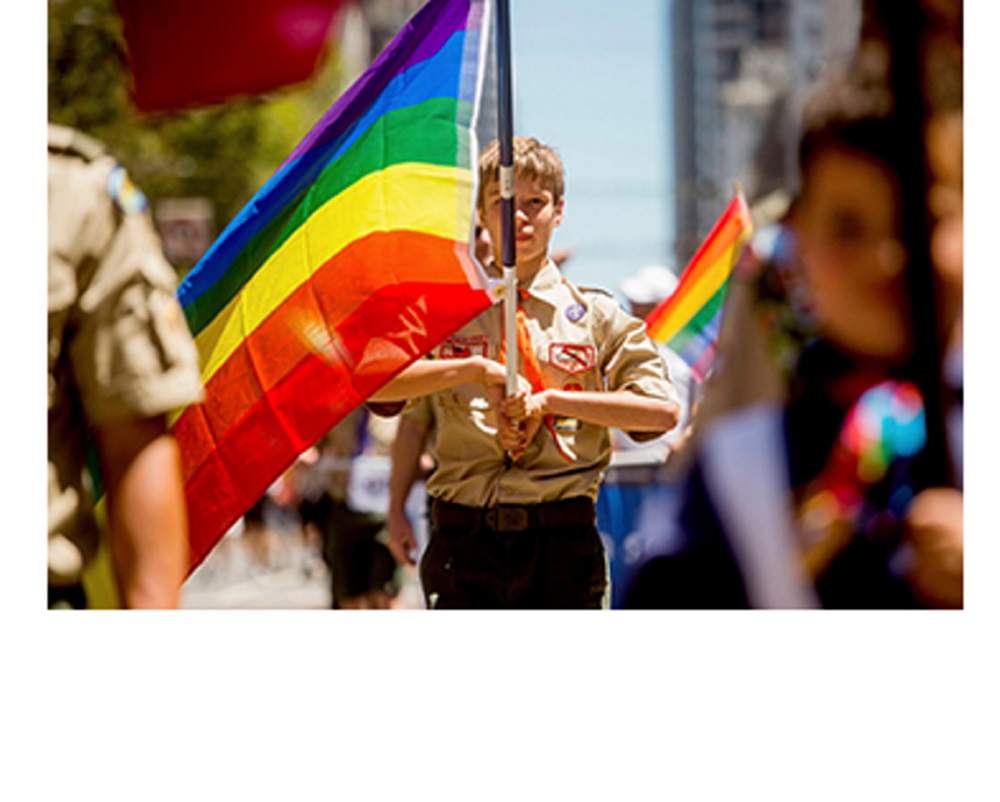The Boy Scouts of America made a historic step forward Monday, lifting its blanket prohibition on openly gay leaders. But the new policy — which has an exemption for troops affiliated with religious groups — doesn’t go far enough. True inclusiveness will be achieved only when faith isn’t used as an excuse to perpetuate discrimination and keep out people who have a lot to give.
The BSA justified its decades-old ban on gay leaders (and, until 2013, gay scouts) by citing the underlying principles of Scouting. “Homosexual conduct is inconsistent with the obligations in the Scout Oath and Law to be morally straight and clean in thought, word, and deed,” the group declared in 2004.
At the core of the policy, though, was the utterly wrongheaded belief that gay adults are potential child molesters. It can’t be stated often enough and firmly enough: Young people are as safe with gay authority figures — coaches, teachers, ministers and the like — as they are with straight ones. Sexual abuse is carried out by a predator seeking to exploit their power over a vulnerable child. It’s not the act of a mentally healthy person — straight or gay.
What’s more, the ban has hurt the organization. It hasn’t protected boys, as shown by revelations in recent years of multiple allegations of abuse of scouts dating from the 1960s.
And as the country has embraced full equality for gay and lesbian Americans, a policy that excludes gays as adult volunteers has kept some families away from Scouting. Maine Scouting officials have been way ahead of the national organization on this issue, adopting a nondiscrimination policy for adult leaders in 2012.
But the BSA’s national shift on gay leaders doesn’t justify the loophole for local troops chartered to faith-based organizations. There will be a tipping point — just as there was on racial discrimination.
Though the BSA didn’t explicitly endorse either segregation or bias, local councils and troops were allowed to set their own policies on race, enabling them to bar black scouts altogether or to ban black boys from wearing the scout uniform.
This local-level approach lasted until 1974, when the NAACP sued the Boy Scouts after a 12-year-old boy was denied a leadership post in a Mormon troop because he was black. (The suit was dropped after the Church of Latter-day Saints changed its policy.)
The BSA has a choice. It can wait until its hand is forced on anti-gay bias — just as it did with race-based bias — or it can do the right thing and require all councils and troops to open their doors to qualified adults, regardless of sexual orientation. The Boy Scouts deserve a lot of credit for making this change, but there’s still more work to do.
Send questions/comments to the editors.


